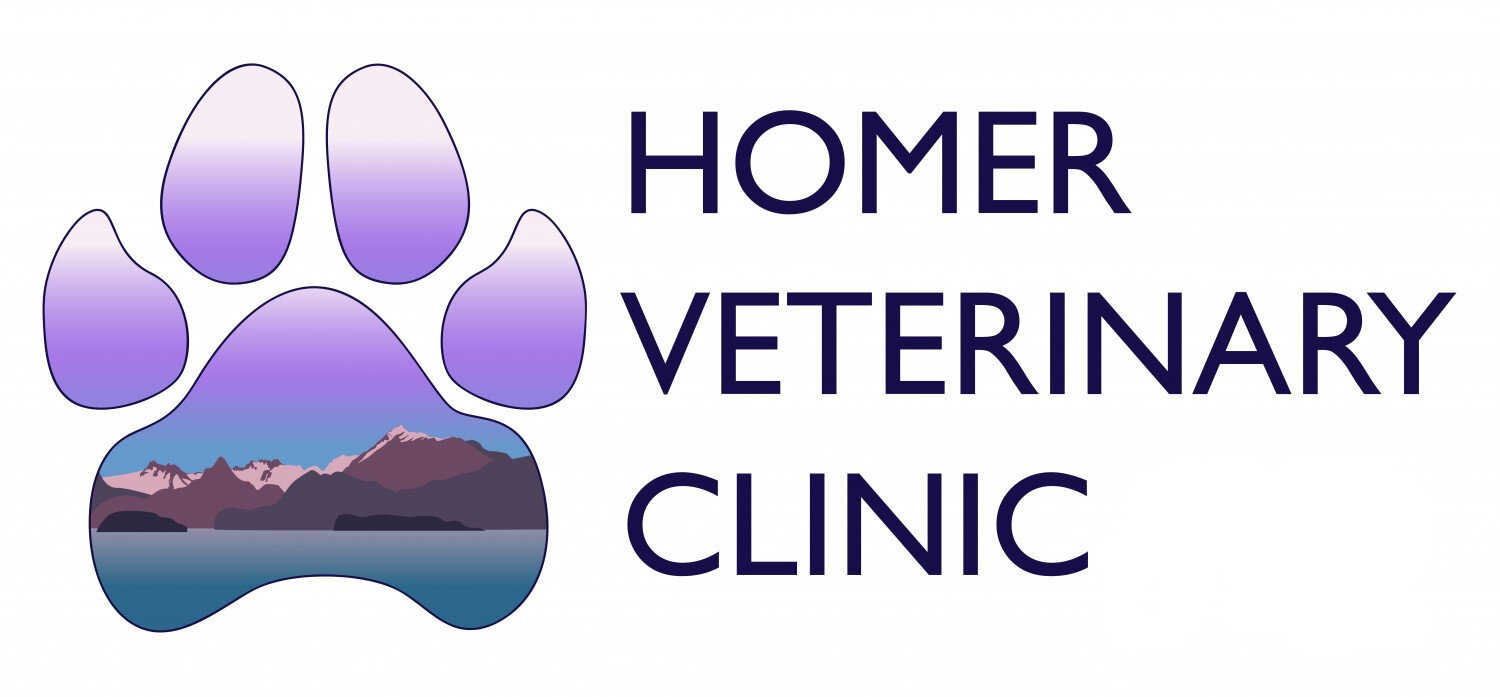
Veterinarians use a variety of diagnostic tools to screen for the presence of disease in both healthy and clinically ill animals. The Homer Veterinary Clinic uses both on-site and an outside, accredited veterinary laboratory to help diagnose your pet. Our full on-site laboratory allows for quick results for our emergency and critical care patients allowing us to treat your pet immediately.
Digital X-rays
Our digital x-ray machine obtains high-quality radiographs of your pet to help diagnose many disorders. Very mild sedation is recommended for safe and accurate imaging of your pet, to decrease anxiety and stress, and for safety of our staff.
Ultrasound
Ultrasound is a safe, non-invasive diagnostic tool that uses sound waves to evaluate the soft tissues of the abdomen and chest. Our doctors have obtained special training to perform abdominal and cardiac ultrasounds on your pet. Information obtained from an ultrasound is different from that of radiographs and is useful in helping diagnose disease.
ECG (Electrocardiogram)
We provide on-site ECG services in consultation with a cardiologist to help determine your pet’s heart health.
Blood Pressure Monitoring
Blood pressure monitoring may be performed to help screen for high blood pressure (hypertension). Our blood pressure equipment is used routinely in anesthetic monitoring to help avoid complications.
Microscopic Examinations
Our in-house microscope allows us to analyze skin scrapings, ear swabs, aspirates of skin masses and fecal samples. Performing these tests ensures a more accurate diagnosis and successful treatment outcome for your pet.
Urinalysis
A urinalysis may be performed on site or sent to a veterinary laboratory and may provide essential diagnostic information about your pet’s overall health. It is an important part in diagnosing illness as well as part of a preventive health program.
Blood Tests
Blood work may be analyzed at our in-house laboratory for emergency or critically ill patients, or at an accredited veterinary laboratory for health screening and diagnosing illnesses.
Eye Examinations
Your pet’s vision and ophthalmic health are important. We can monitor pressures in your pet’s eyes to screen for glaucoma (high pressures) and uveitis (low pressures). It is important to screen for abnormalities before your pet’s vision is negatively affected. We can also test for tear production and evaluate for corneal ulcers or abrasions.
